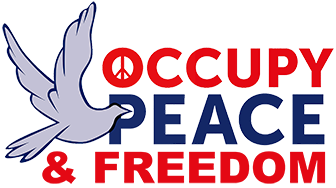By : Mouin Rabbani
[On 21 March 2022, Students for Palestine, a group at Leiden University in The Netherlands, organized a panel discussion on “Apartheid, Racism & Intersectionality.” The panel was convened in the context of Israel Apartheid Week, an annual series of events and activities that are held to place Israel’s racist policies under the spotlight.
The event was not designed as an open debate about the pros and cons of Israeli racism, nor as a panel discussion in which support for and opposition to Israel’s system of apartheid would enjoy equal consideration. Rather, different speakers were invited to highlight different aspects of Israeli racism in order to promote public awareness of Israeli practices and support for Palestinian rights.
The event was initially scheduled to be held at Leiden University’s satellite campus in The Hague. Responding to pressure from advocates for Israeli apartheid, and presumably the Israeli embassy in The Netherlands as well, the university administration withdrew the permission it had given Students for Palestine to host the event on university premises.
The justification provided by University Rector Hester Bijl for this act of censorship was that it was in fact a principled defense of academic freedom and the free exchange of ideas. Without naming the panel’s moderator, Dina Zbeidy, a Palestinian academic accredited in The Netherlands, or providing a shred of evidence, Bijl implied that a panel chaired by Zbeidy was incapable of providing “students and staff with different opinions” the opportunity to “speak freely and safely.” Absent even an attempt at substantiation and seemingly oblivious to the irony of her position, Bijl was clearly taking the position that a discussion on Israeli apartheid cannot and should not be moderated by a Palestinian.
When Students for Palestine complained about the university’s conduct, sympathetic staff sought to arrange for the event to be held at the main Leiden campus instead. But the university administration again intervened. Resorting to familiar tropes about “the intensity and emotion of this subject,” it offered to let the event proceed, but only if the organizers agreed to replace Zbeidy with Dean Mark Rutgers of the Faculty of Humanities. In other words, Students for Palestine would need to concur that a Palestinian is incapable of leading a panel discussion about Israeli apartheid, and in the process become openly complicit in Israeli racism. Should they refuse, the event “cannot go ahead.”


Recent Comments